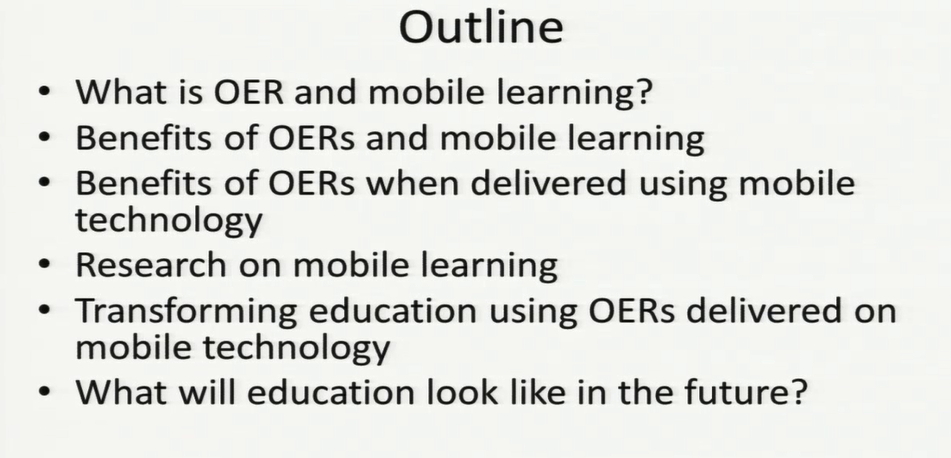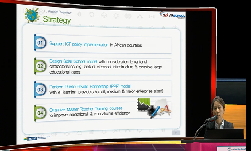A current trend in social justice oriented education research is the promotion of certain intellectual virtues that support epistemic responsibility, or differently put, the dispositions necessary to be a good knower. On the surface, the proposition ...
http://chineseinput.net/에서 pinyin(병음)방식으로 중국어를 변환할 수 있습니다.
변환된 중국어를 복사하여 사용하시면 됩니다.
- 中文 을 입력하시려면 zhongwen을 입력하시고 space를누르시면됩니다.
- 北京 을 입력하시려면 beijing을 입력하시고 space를 누르시면 됩니다.
https://www.riss.kr/link?id=T13702458
- 저자
-
발행사항
[S.l.]: Columbia University 2014
-
학위수여대학
Columbia University Philosophy and Education
-
수여연도
2014
-
작성언어
영어
- 주제어
-
학위
Ph.D.
-
페이지수
194 p.
-
지도교수/심사위원
Adviser: Megan Laverty.
-
0
상세조회 -
0
다운로드
부가정보
다국어 초록 (Multilingual Abstract)
A current trend in social justice oriented education research is the promotion of certain intellectual virtues that support epistemic responsibility, or differently put, the dispositions necessary to be a good knower. On the surface, the proposition of epistemically responsible teaching, or teaching students to be responsible knowers is innocuous, even banal. In the mathematics classroom, however, it is patently at odds with current practice and with the stated goals of mathematics education.
This dissertation begins by detailing the extant paradigm in mathematics education, which characterizes mathematics as a body of skills to be mastered, and which rewards ways of thinking that are highly procedural and mechanistic. It then argues, relying on a wide range of educational thinkers including John Dewey, Maxine Greene, Miranda Fricker, and a collection of scholars of white privilege, that an important element in social justice education is the eradication of such process-oriented thinking, and the promotion of such intellectual virtues as courage and humility. Because the dominant paradigm is supported by an ideology and mythology of mathematics, however, changing that paradigm necessitates engaging with the underlying conceptions of mathematics that support it. The dissertation turns to naturalist philosophers of education make clear that the nature of mathematics practice and the growth of mathematical knowledge are not characterized by mechanistic and procedural thinking at all. In these accounts, we can see that good mathematical thinking relies on many of the same habits and dispositions that the social justice educators recommend.
In articulating an isomorphism between good mathematical thinking and socially responsive thinking, the dissertation aims to offer a framework for thinking about mathematics education in and for a democratic society. It aims to cast the goals of mathematically rigorous education and socially responsible teaching not only as not in conflict, but also overlapping in meaningful ways.
분석정보
연관 공개강의(KOCW)
-

Developments in 14-19: Institute of Education
Teachers TV Teachers TV -

Education Policy at the Party Conferences
Teachers TV Teachers TV -

2014 이러닝 국제 콘퍼런스 : Open Education Resources with Mobile Learning to Transform Education
한국교육학술정보원 Mohamed Ally -

Early Sex Education: The Debate
Teachers TV Teachers TV -

2014 이러닝 국제 콘퍼런스 : What is the Lessons from Education Support Project~
한국교육정보진흥협회 Boseon, Kim






